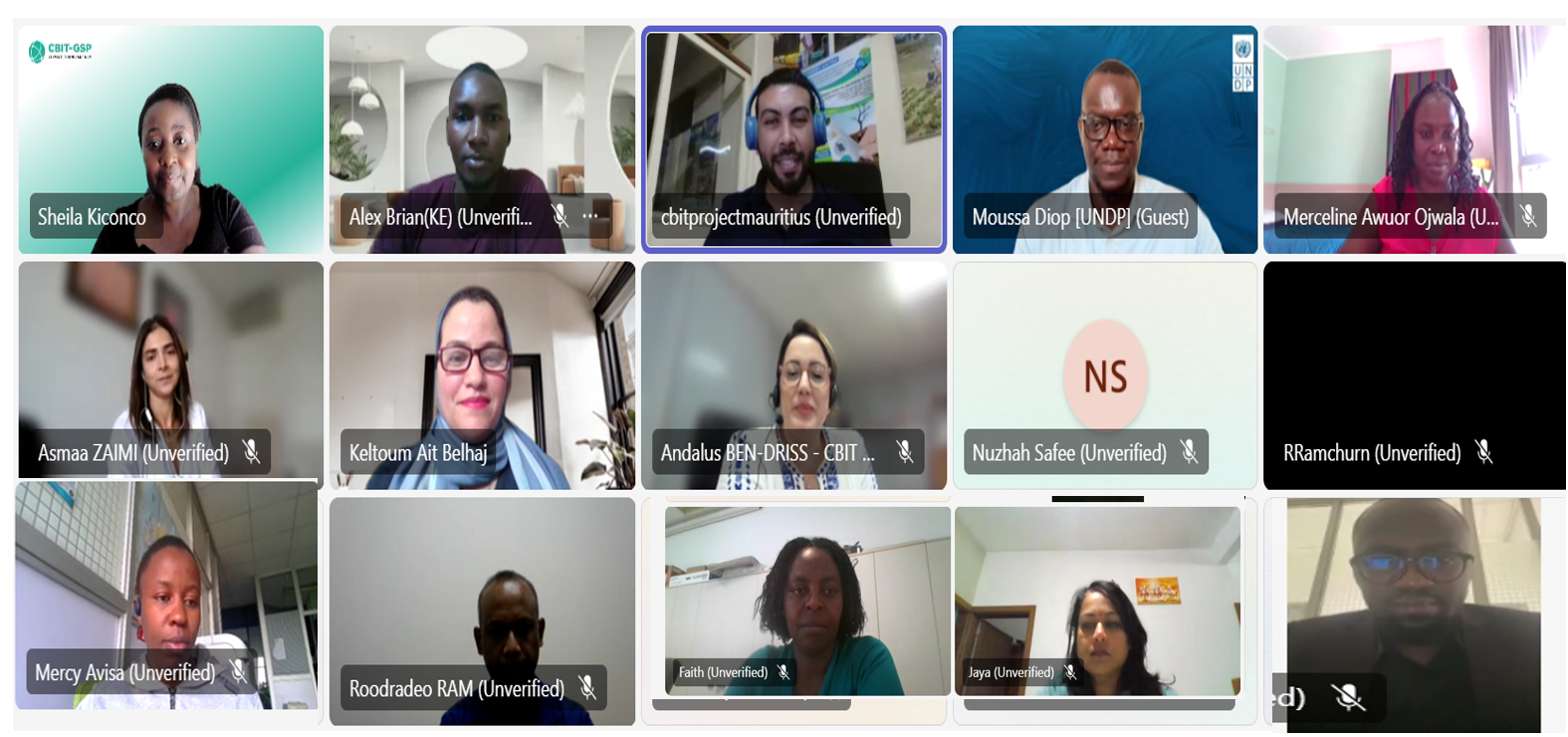This event was by invitation only.

Background
The IPCC software is a critical tool for countries to apply the 2006 IPCC Guidelines for National GHG Inventories. It enables users to input activity data and emission factors through Excel templates, which can then be uploaded into the software for automated calculations and inventory compilation. While the tool is highly valuable, many users, particularly in developing countries, face challenges in navigating its technical aspects, especially regarding the proper formatting and uploading of Excel-based data.
To address these challenges and strengthen national capacities for GHG reporting, this virtual training aims to provide hands-on technical guidance on uploading Excel templates into the IPCC software. Beyond technical instruction, the session also promotes peer-to-peer exchange among countries, enabling participants to share experiences, troubleshoot common issues, and learn from one another. This South-South learning approach supports more effective and sustainable use of the IPCC software, ultimately contributing to more robust and timelier BTR submissions.
About Mauritius
Despite being a Small Island Developing State, Mauritius has submitted its first Biennial Transparency Reports, a National Inventory Document, CRT, and CTF tables. In addition, the country developed the Climate Change Act 2022 and has since established the Department of Climate Change, which is spearheading the ETF activities.
The Mauritius National CBIT project, supported by UNDP, is equally complementing the ETF efforts by supporting improvements in the GHG inventory. One of the activities for improving the GHG inventory is uploading the Excel templates into the IPCC software.
Thus, Mauritius has requested support to organize a peer learning event with experts from other countries who have developed an Application Programming Interface (API) that allows the output tables to be seamlessly imported from Excel into the IPCC software.
Objective
The main objective of this peer learning session is to support Mauritius in better fulfilling its reporting requirements to the UNFCCC by learning from Kenya and Morocco, who will share their experiences, challenges, and lessons learned in using the software. As such, this session will foster South-South learning and collaboration across Francophone and Anglophone Africa and the MENA transparency networks.
Audience
The virtual sharing will include participants from Mauritius, Kenya, and Morocco.